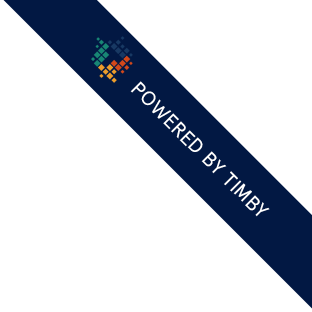COMMUNITIES SHOW INTEREST IN PARTICIPATORY FOREST MANAGEMENT
COMMUNITY FOREST MONITORING
Published : June 11, 2019
One of the numerous resources of Ghana is its forests that provide unique and diverse forest resources and climate and environmental services. Forests have so many benefits. They play a significant role in maintaining and balancing the natural ecosystems. Communities fringing the forest reserves are heavily dependent on them for their livelihood, medicines and water. Merchantable timber species from the forest are a major source of foreign income for the national economy and contribute significantly to the country’s GDP. However, deforestation and degradation from unchecked and irresponsible activities of individuals and companies in the forest threaten the livelihoods of fringe communities, economic benefits to the country and global climatic conditions. The importance of forest cover in hydrological and carbon cycles in the atmosphere is enough evidence of its significance and hence the need to protect forest cover.
Deforestation and degradation together form one of the main environmental challenges in Ghana and although efforts are in place to protect the endangered forest cover from absolute depletion much still need to be done. The illegal acts of felling trees, mining and farming (mostly cocoa) are the common forest offences in Ghana today. In an effort to control illegal logging in the country, the Ghana government signed a Voluntary Partnership Agreement with the European Union aimed at ensuring only legal wood can be traded on the European or domestic markets. The other approach is the use of the Rapid Response Teams to monitor and control illegalities in the forest. These teams normally rely on unknown informants for their operations. Although these informants have been of great help in the fight against illegalities in the forest, they are still lacking in certain areas. For example, they may not always be around when an illegal activity is going on, and some of the information they send may not be accurate and verified since they have no knowledge of Ghana’s forest laws. Furthermore, there have been instances where informants have connived with illegal operators to allow their illegal activities to continue after taking a bribe from them. The scope of monitoring is also a challenge due to the inadequacy of logistics for the monitoring units.
Community forest monitoring presents an alternative to the use of unknown informants. It is effective and much more reliable. The communities fringing the forest are in a better position to monitor and report on any illegal activity when given the needed training. Friends of Earth Ghana, with funds from The Ministry of Foreign Affairs of the Netherlands will provide training on forest laws and in use of the TIMBY app. The community monitors will also be provided with mobile phones installed with the TIMBY app that they will use to identify and transmit information on illegal activities in the forest. The TIMBY app allows them to transmit this information as video, pictures or audio recording and these are sent to a central platform. The alerts that hit the platform can then be verified and the necessary law enforcement is carried out by the local Forestry Division.
The project has been introduced to four forest fringe communities who had no previous knowledge of community forest monitoring. These communities are: Kwametawiahkrom, Kramokrom, Sikafremogya and Papramase that fringes the Bia Tributaries North Forest Reserve, which has been identified as a hotspot for illegal activities. During recent interactions with the project communities, they lamented how their initial neglect in the forest management has allowed some individuals and companies to operate illegally in the forest leading to its severe depletion. Low cocoa production, erratic and reduced rainfalls, loss of streams and rivers and the unavailability of some major non timber forest products were the complaints the communities put across during the meetings as impacts from deforestation. They identified illegal logging, farming, mining and bush fires as some of the activities leading to deforestation and degradation in their communities. To show their commitment to the project, each community, using a set of criteria provided to them, selected five members to be trained as monitors to partner the local forestry agency in the fight against illegal forest activities. All four communities pledged their support to the project and stated their willingness to support the monitors to work towards protecting the forest reserve. The project team also identified a low female participation during the meetings and would roll out programmes aimed at closing the gender gap in subsequent sessions. To this the community leaders were encouraged to push more women into active roles in communal activities.


